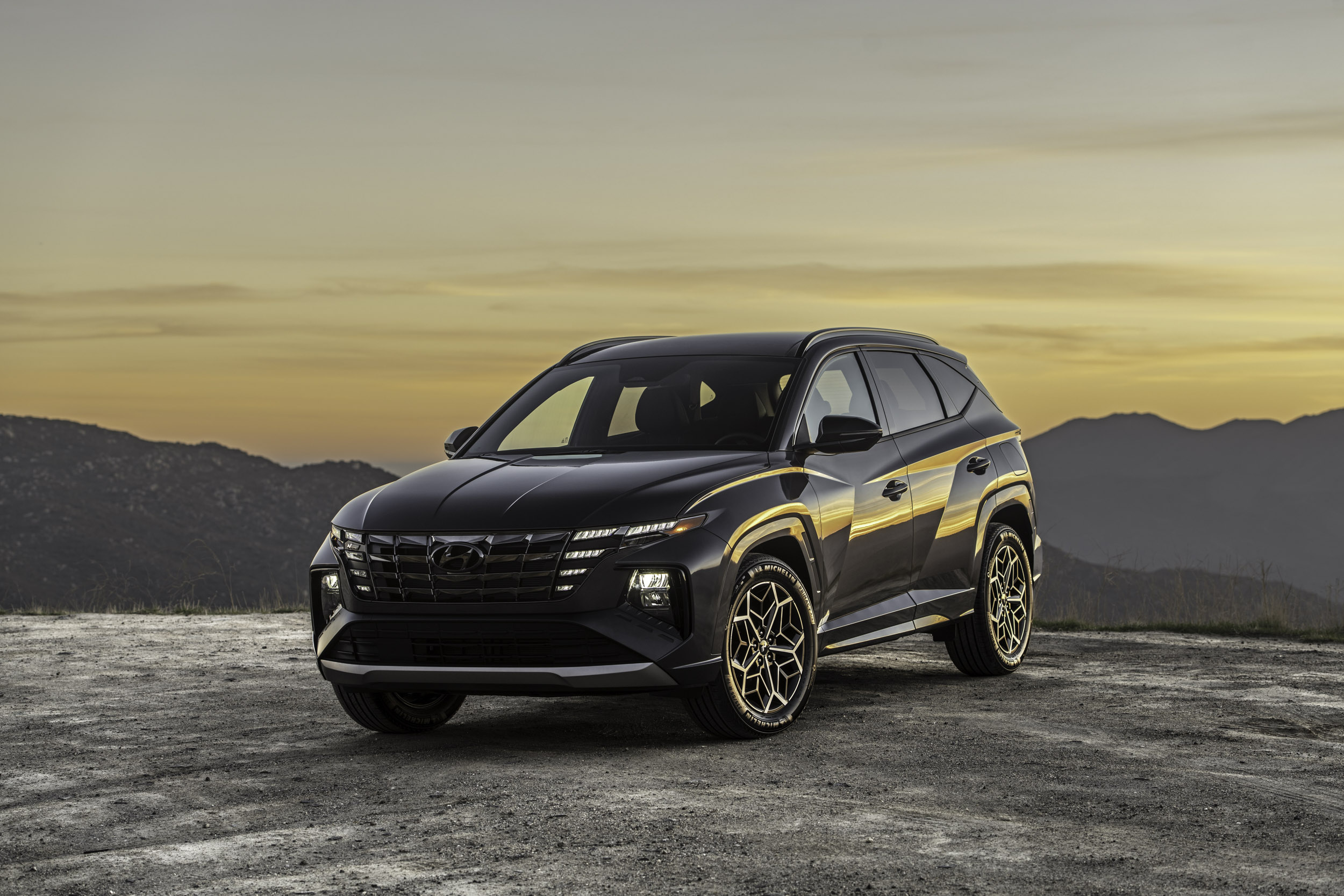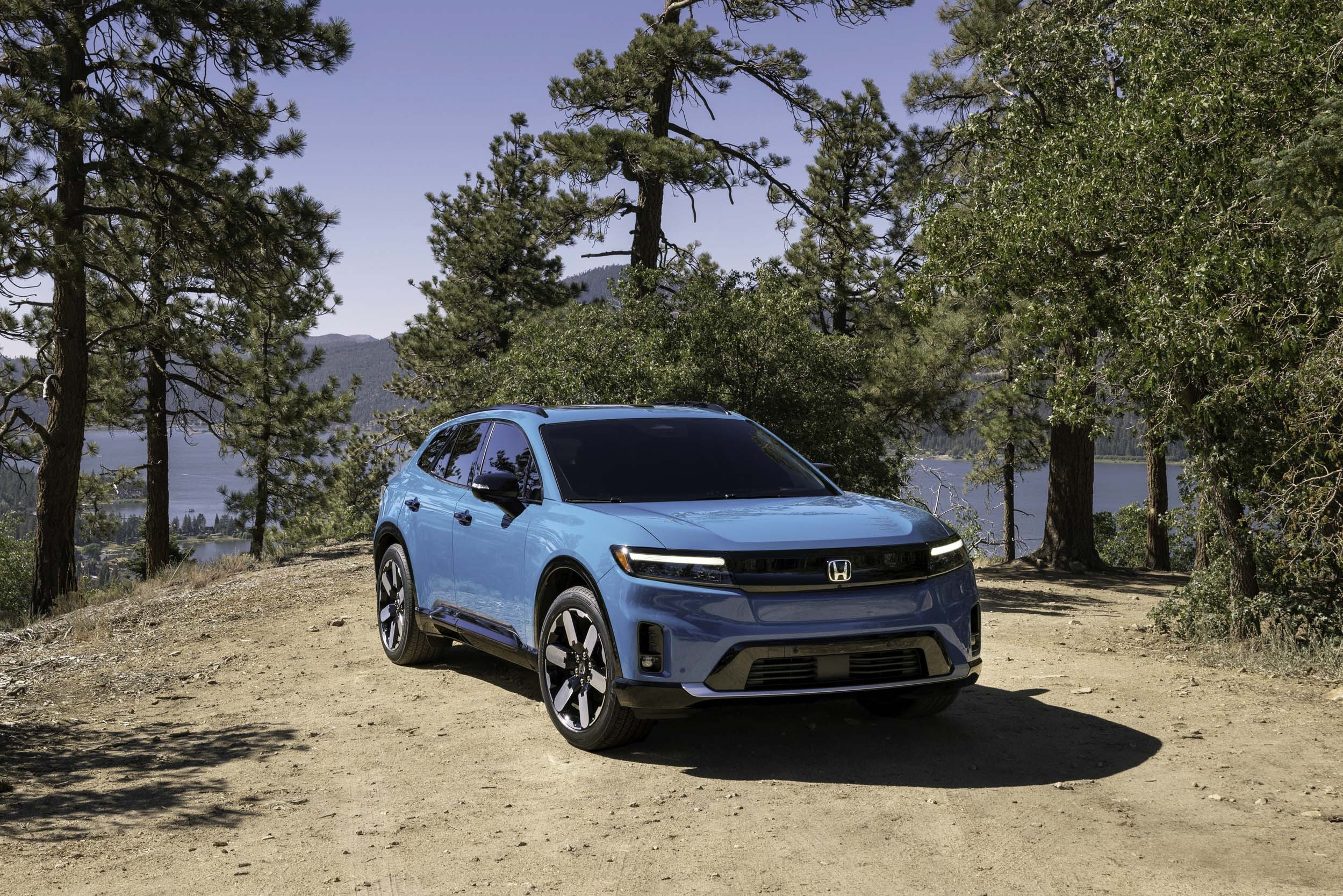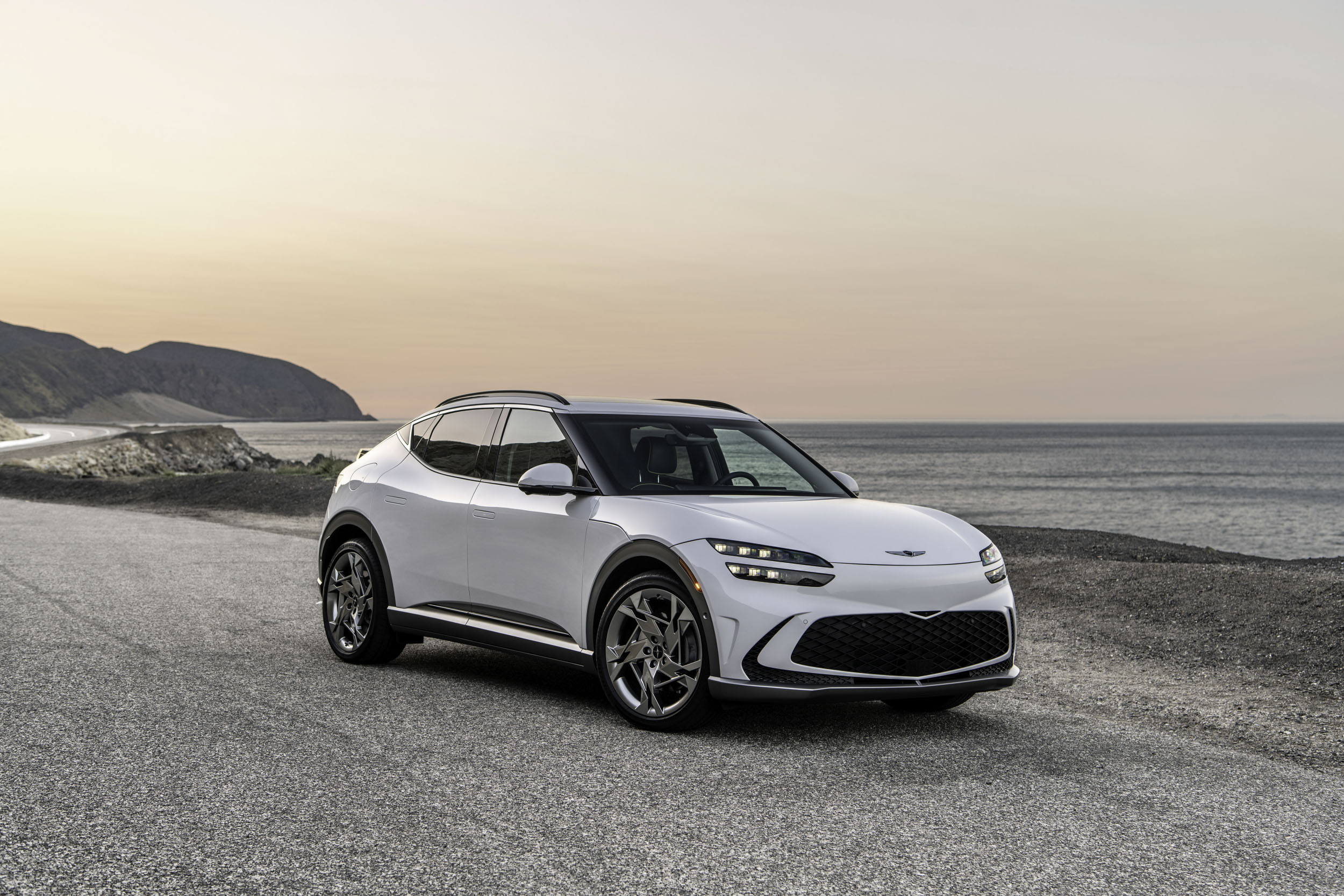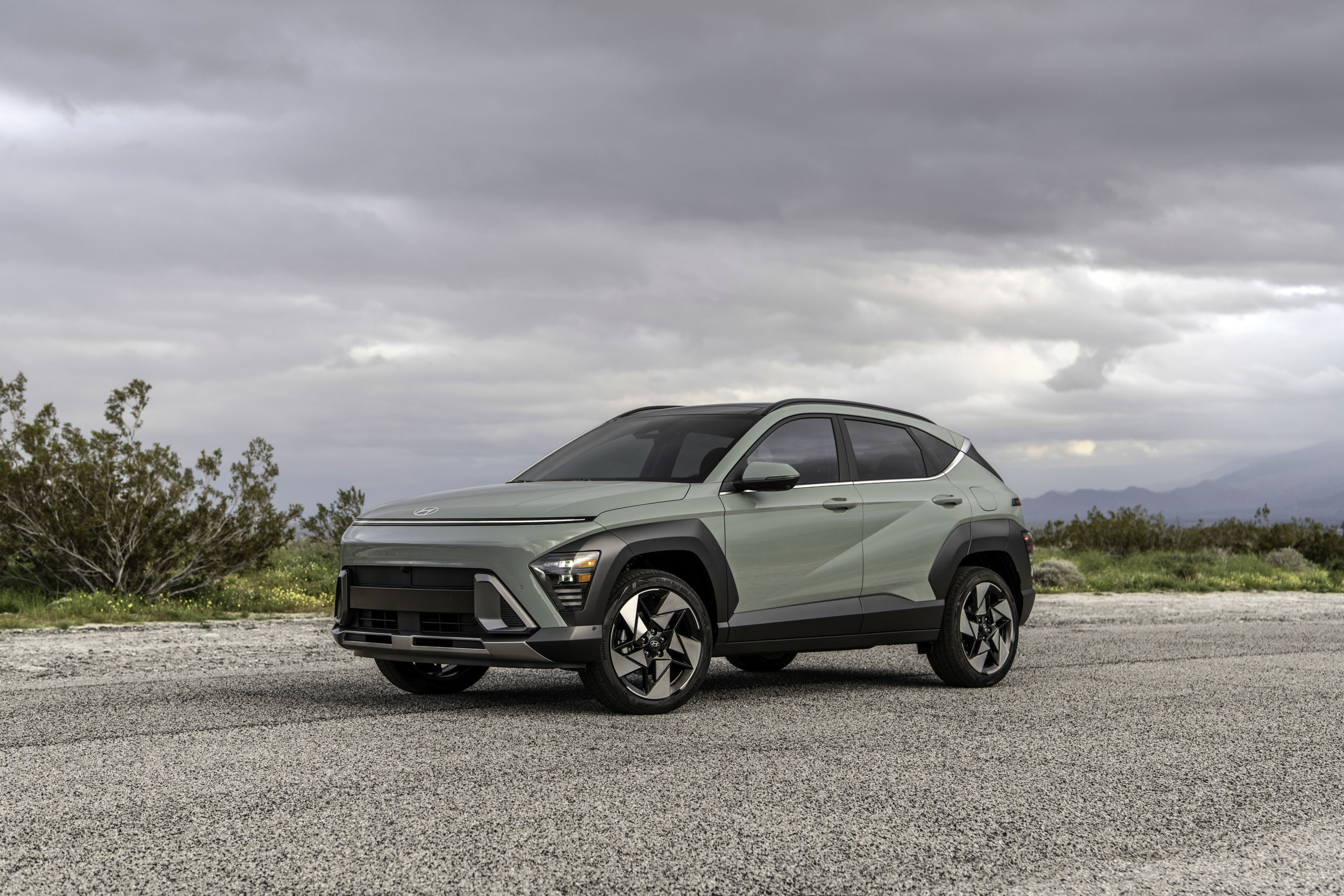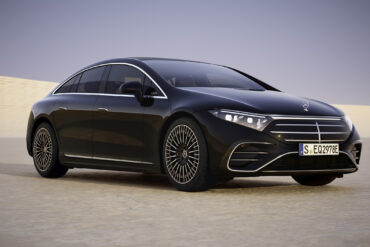Hyundai’s 2024 Tucson, a five-passenger compact crossover, steps up to compete with popular models like the Honda CR-V, Toyota RAV4, Ford Escape, and Nissan Rogue.
This Tucson impresses with its robust lineup of tech and safety features, paired with a roomy, comfortable interior. While it brings much to the table, it’s let down somewhat by an average fuel economy on the base gas engine and a four-star NHTSA safety rating, falling short of top-tier rivals in these areas.
DESIGN
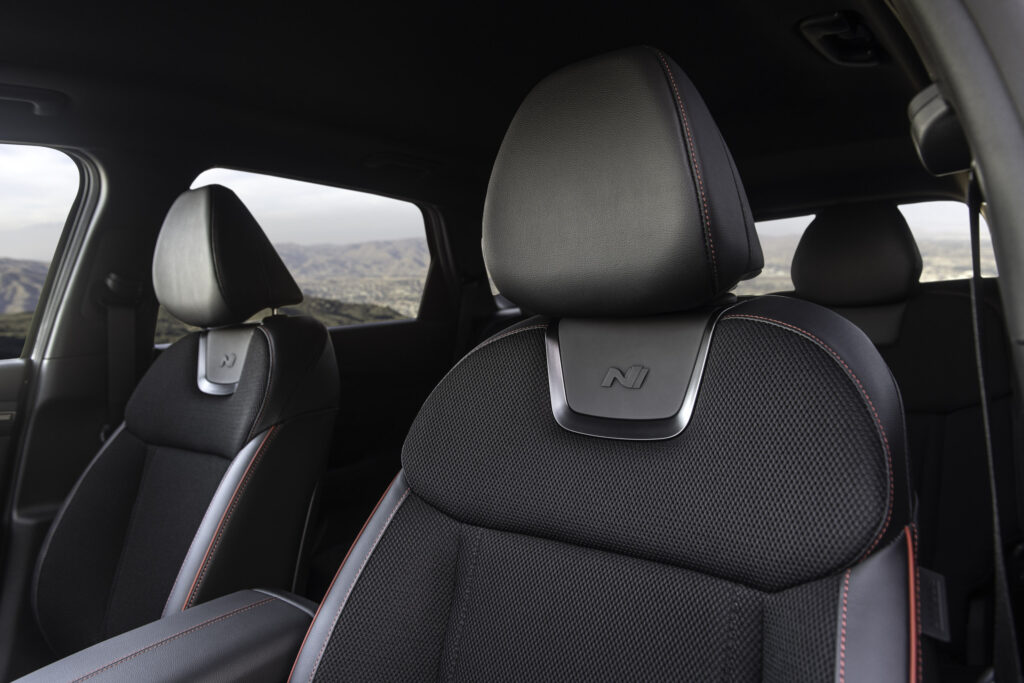
Hyundai’s Tucson makes a bold entrance with sharp angles and sleek creases that give it a striking presence on the road. While the exterior certainly commands attention, the interior design doesn’t quite match the same level of excitement. Our test model came in a sleek Titan Gray with a black interior, a color pairing that underscores the Tucson’s edgy styling.
Sporty aesthetics elevate its appeal, featuring seamlessly integrated LED daytime running lights that flow into the grille. The N Line variant, with 19-inch alloy wheels, includes distinctive styling cues like refreshed front and rear fascias, unique N Line badging, and striking gloss black accents. These elements, paired with a standout twin-tip exhaust, give the Tucson a vibrant sense of character in the crowded SUV market.
Inside, the Tucson keeps things simple, leaning into a more reserved, functional aesthetic. Mid-grade materials mix with metallic trim, while the gloss-black center console houses a crisp 10.3-inch touchscreen—a useful setup but prone to smudges. N Line-specific touches, including a leather-wrapped steering wheel and sport seats, add a subtle dash of sophistication to an otherwise straightforward cabin.
PERFORMANCE
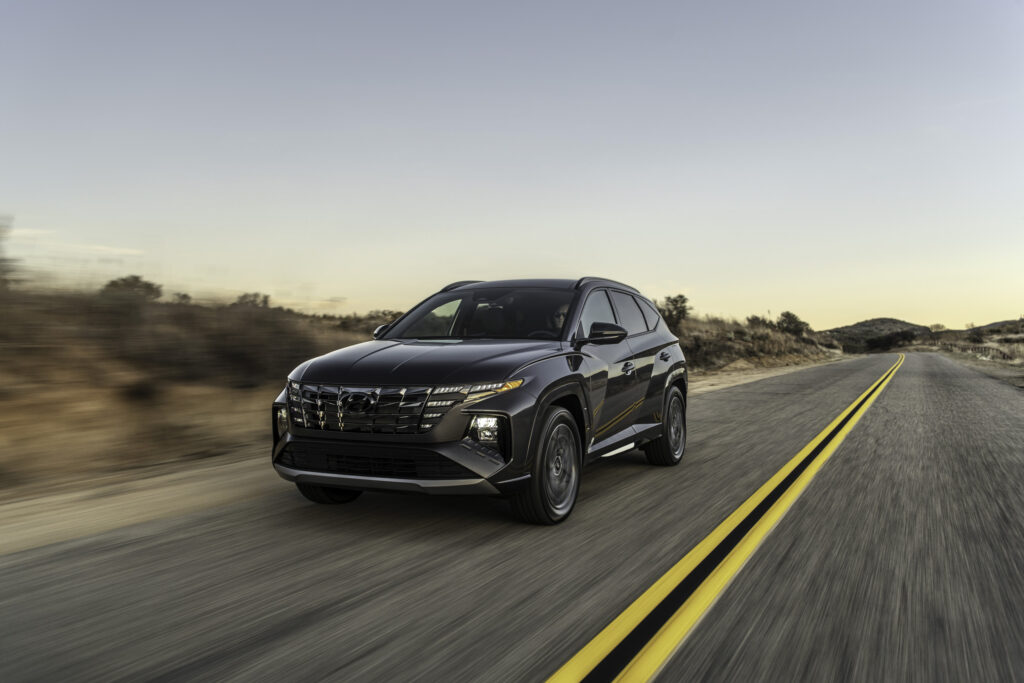
Hyundai’s Tucson gains appeal with its hybrid and plug-in hybrid options, offering a performance boost. Our test model featured a turbocharged 1.6-liter four-cylinder paired with an electric motor, producing 226 horsepower and 258 lb-ft of torque in the hybrid, or 261 horsepower in the PHEV. Connected to a six-speed automatic and standard all-wheel drive, this setup cuts nearly two seconds off the non-hybrid’s 0-60 time.
Although it doesn’t match the 302 horsepower of some competitors, the Tucson Hybrid N Line provides ample power for lively city driving and highway merging. In testing, this hybrid variant achieved a solid 0-60 mph time between 7.1 and 7.3 seconds. Daily driving reveals responsive steering and a comfortable ride, while the remarkably quiet cabin enhances the experience for those who prefer a peaceful journey.
VERDICT
Hyundai’s 2024 Tucson Hybrid N Line AWD starts with an MSRP of $36,405. With the addition of fees and a single option—carpeted floor mats—the final cost reaches $37,950.
Competition
Compact crossovers dominate the U.S. automotive landscape, with Toyota setting a benchmark through its RAV4. This model excels in non-truck sales, offering a versatile range of gas, hybrid, and plug-in hybrid options that cater to various consumer needs.
Honda anticipates that hybrids will constitute over half of CR-V sales, boasting impressive fuel efficiency of up to 40 mpg alongside a spacious cabin that ranks among the most generous in its class.
Ford’s Escape Hybrid remains a strong contender, achieving 39 mpg with all-wheel drive, though ongoing quality concerns have hampered its overall appeal.
Chevrolet has adopted a different strategy by introducing the all-electric Equinox EV, which offers an impressive 319-mile range. Meanwhile, the gas-powered Equinox is set for a redesign in 2025, featuring a modest 175-horsepower 1.5-liter turbo-four engine.
Nissan’s refreshed Rogue retains its 201-horsepower turbocharged three-cylinder engine, focusing on a high-tech interior equipped with large, modern display screens that enhance the driving experience.

